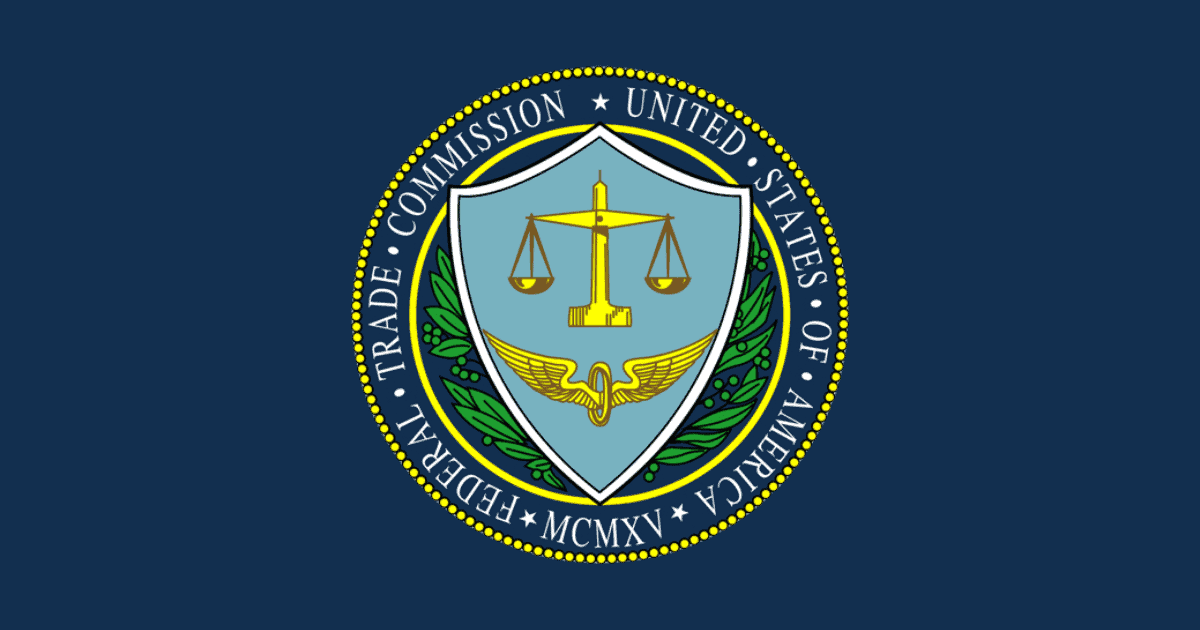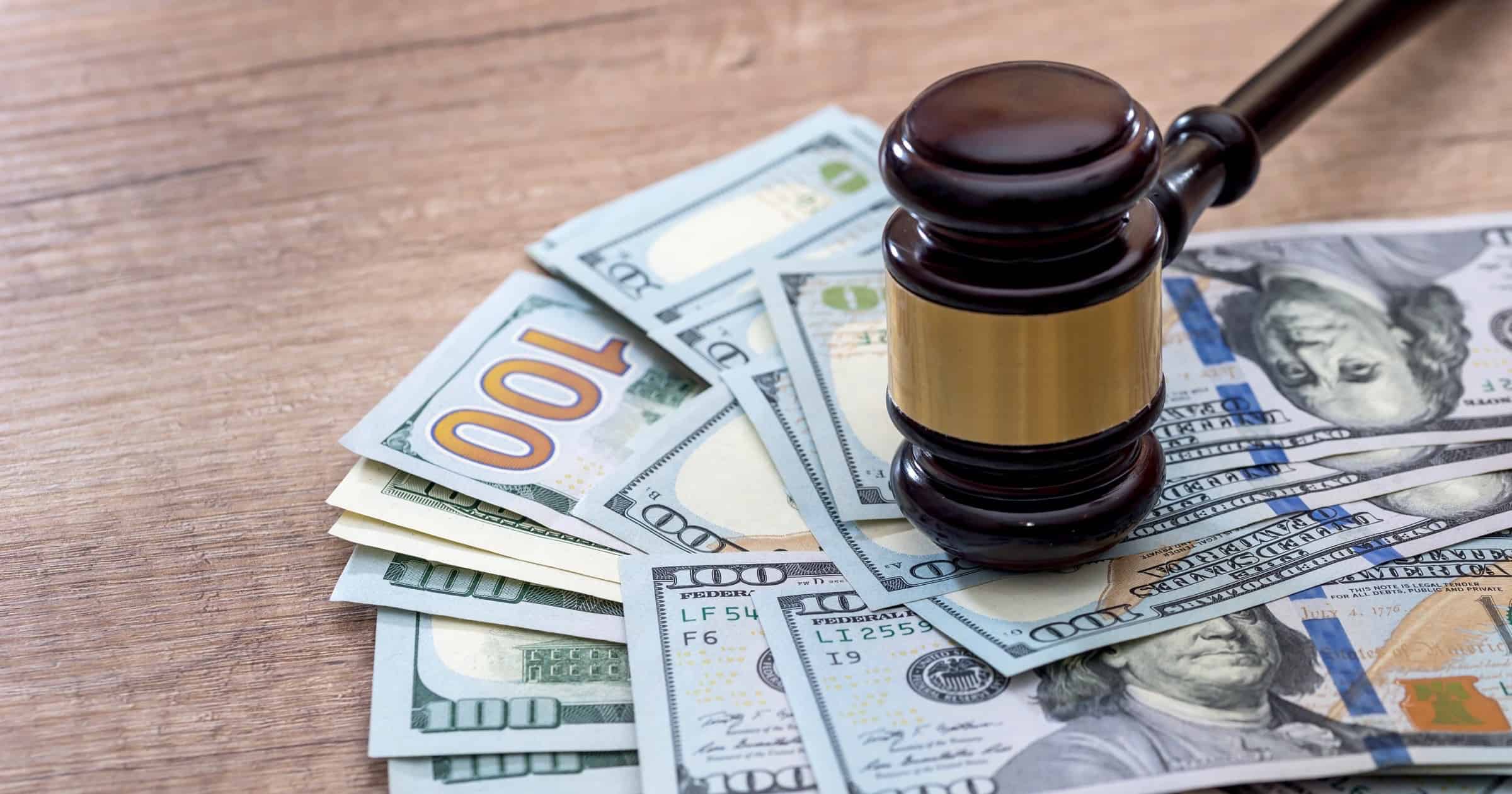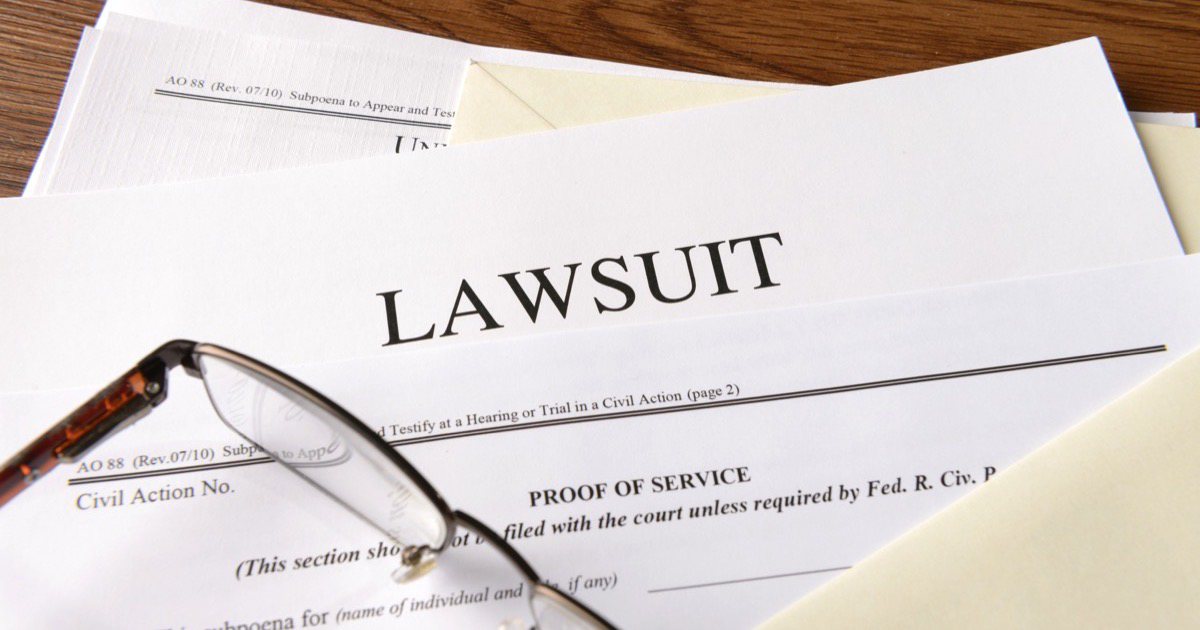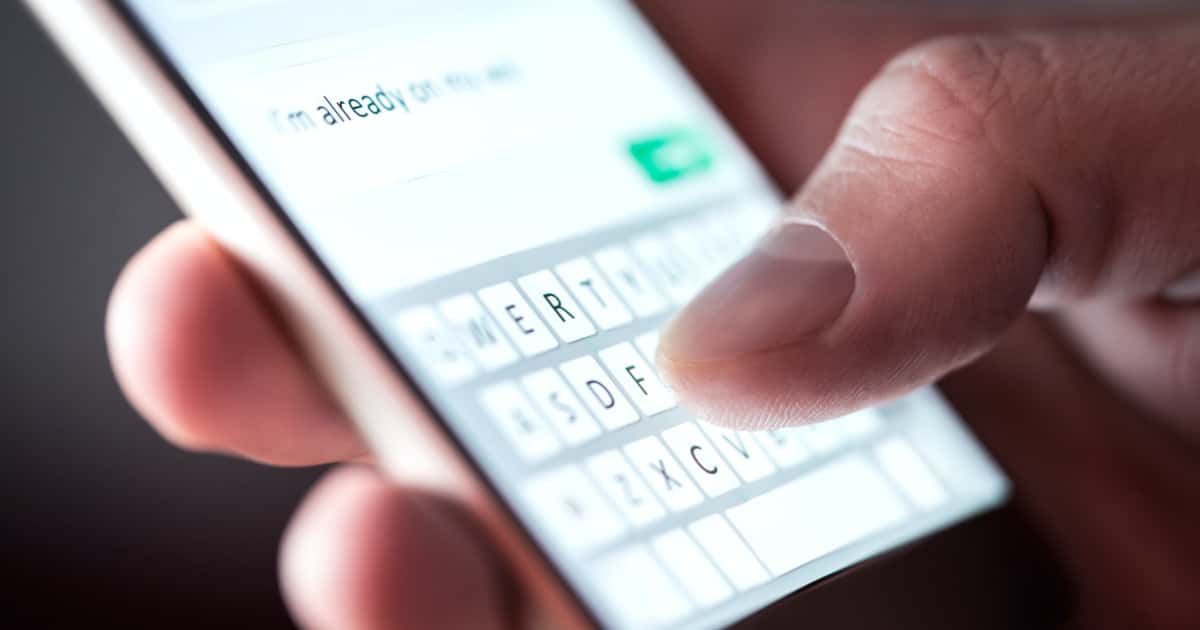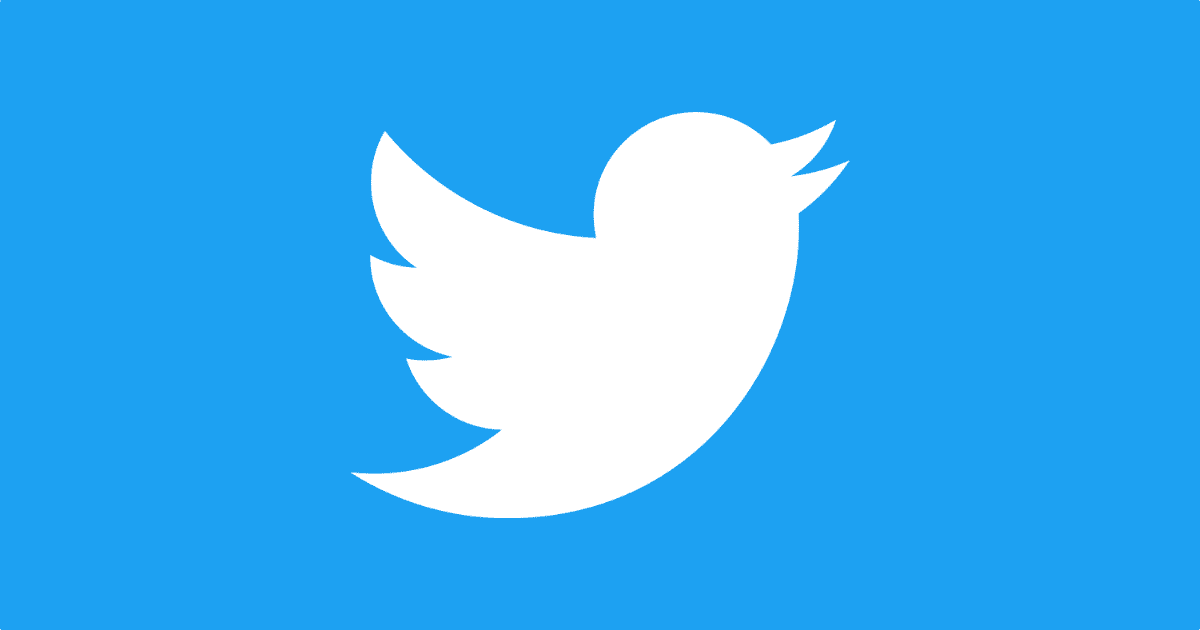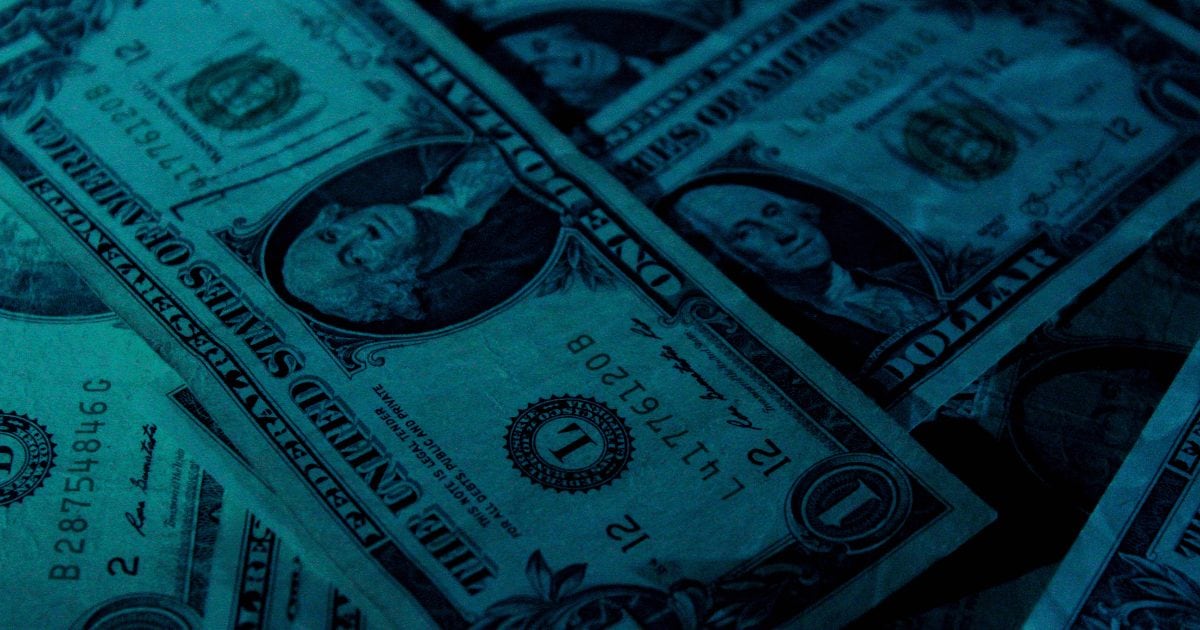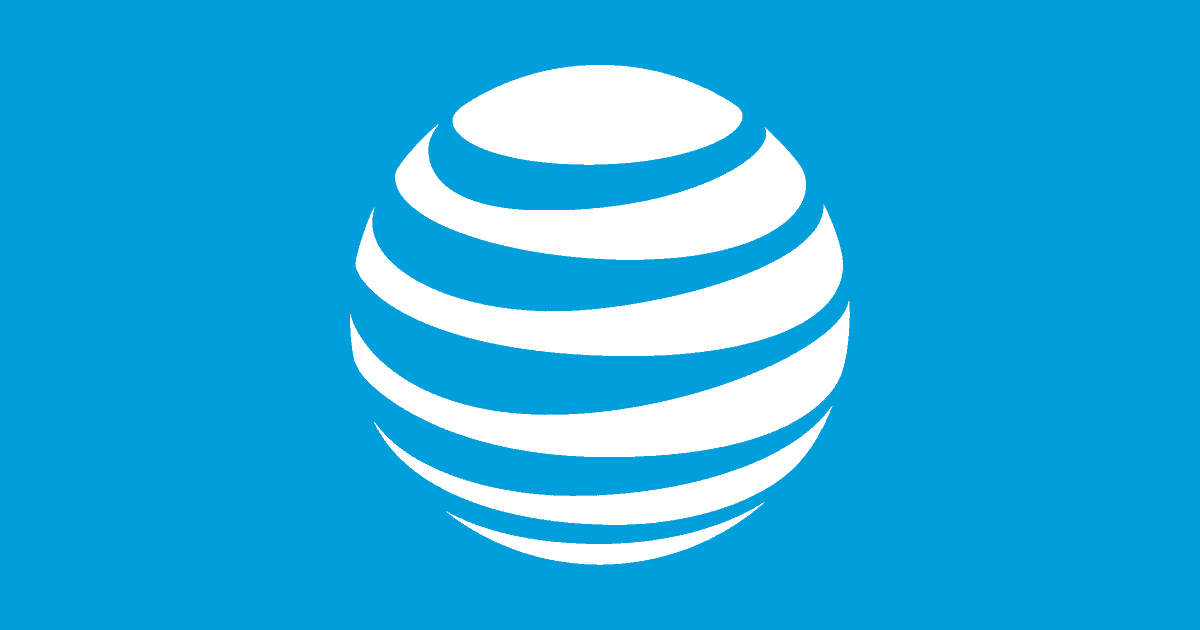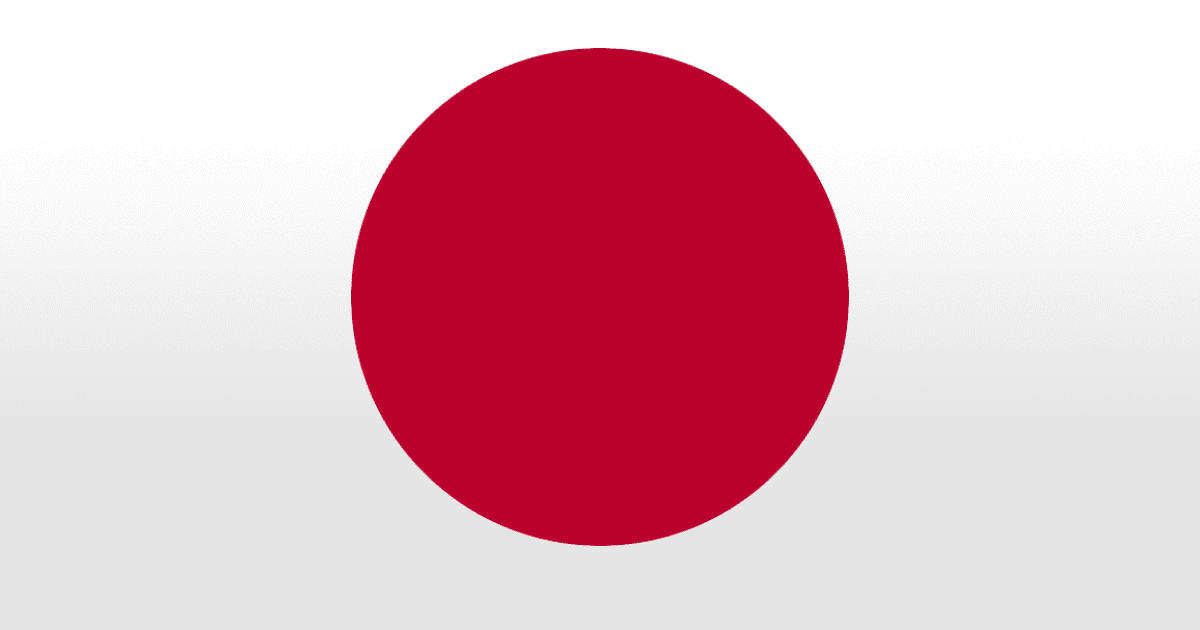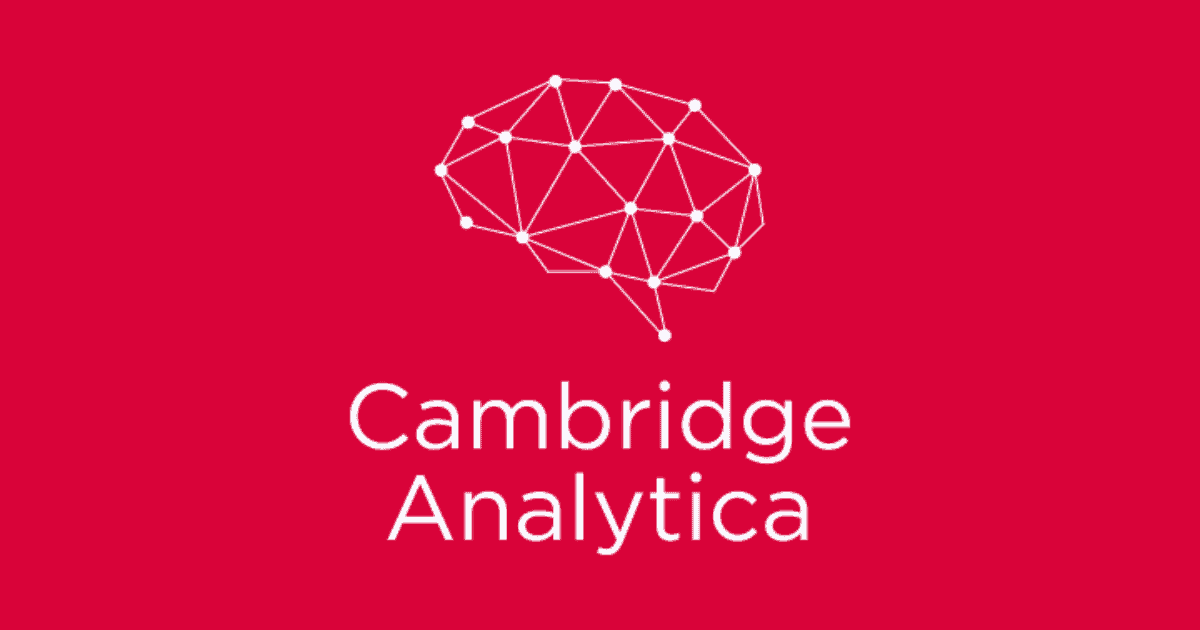The U.S. Justice Department and Federal Trade Commission (FTC) want to improve the currently antitrust enforcement in the country.
FTC
FTC Oculus Probe Examines Meta for Potential Anticompetitive Practices
Bloomberg has a report (paywalled link) about an FTC Oculus probe launched recently along with multiple states. A paywall-free summary can be found in the link below.
The agency is seeking to explore how Meta may be using market power in the VR space to stifle competition – in particular whether the Oculus app store might be discriminating against third parties selling apps that compete with Meta’s software. The inquiry also includes a probe into sales practices and pricing for the Quest 2 headset, at $299 notably less expensive than many rival models, according to the report.
FTC Rules That This Favored Tactic by News Media is Illegal
Some companies, such as news publications, use a “click to subscribe, call to cancel” tactic to discourage customers from cancelling their service. The FTC says this practice is illegal.
But it’s not just hedge fund-owned publishers that have adopted the subscription practices that have caught the government’s attention. Again, most U.S. news organizations don’t give readers an easy way to cancel online. When I checked — more than a week after the FTC announced it planned to crack down on companies who don’t make it easy to cancel — The New York Times still requires me to talk to someone to unsubscribe, either by starting a live chat or by picking up the phone.
A welcome move from the FTC. Currently, my tactic for this is using a disposable card and cancelling it.
FTC Returns $60 Million to Amazon Drivers That Company Illegally Kept
The Federal Trade Commission will return US$60 million to over 140,000 drivers for Amazon that the company illegally withheld.
FTC Looks to Enhance Privacy Rules, Especially for Kids
The Federal Trade Commission is weighing options to strengthen online privacy rules, especially with regard to protecting children.
FTC Reveals its Study on Acquisitions From Big Tech
The Federal Trade Commission will change the way it scrutinizes acquisitions from Big Tech. On Friday it released the findings of its decade-long study on deals that weren’t reported.
The FTC reviewed 616 transactions valued at $1 million or more between 2010 and 2019 that were not reported to antitrust authorities by Amazon, Apple, Facebook, Google and Microsoft. 94 of the transactions actually exceeded the dollar size threshold that would require companies to report a deal. The deals may have qualified for other regulatory exemptions. 79% of transactions used deferred or contingent compensation to founders and key employees, and nearly 77% involved non-compete clauses. 36% of the transactions involved assuming some amount of debt or liabilities.
Health Apps Must Warn Users of Data Breaches, Says FTC
The Federal Trade Commission issued a policy statement on Thursday. It says that health apps and wearable companies must warn their users of data breaches or face fines.
In a policy statement adopted during an open meeting, the Commission noted that health apps, which can track everything from glucose levels for those with diabetes to heart health to fertility to sleep, increasingly collect sensitive and personal data from consumers These apps have a responsibility to ensure they secure the data they collect, which includes preventing unauthorized access to such information.
Excellent news. Now they should make sure the fines are high enough to deter repeat offenders (cough T-Mobile).
Facebook v FTC – TMO Daily Observations 2021-07-06
John Martellaro joins host Kelly Guimont to discuss the dismissal of the FTC suit against Facebook, and what exactly the issues with “Big Tech” are.
FTC Settles With App Maker ‘Tapjoy’, Blames Apple in Process
The FTC has reached a settlement with Tapjoy over claims that is used false advertising offers for in-game rewards that weren’t given to users.
But regulators also said Apple and Google helped create the environment that squeezes mobile gaming industry players and incentivizes them to find other monetization models that may have unsavory consequences for consumers.
Tapjoy runs a platform that lets users complete activities, like signing up for a free trial or downloading and running an app, in exchange for in-game virtual currency. It earns commissions from third-party advertisers who want to entice users to perform these tasks.
I think if a company is willing to do “unsavory things” to people, it probably doesn’t need to be forced into doing so. On Apple’s side, Tapjoy possibly ran afoul of review guideline 3.2.2 (vi).
FTC, 48 States Sue to Break up Facebook Over Monopoly Accusation
The Federal Trade Commission as well as 48 attorneys general have filed two lawsuits against Facebook on Wednesday.
Next year Debt Collectors Can Message You Through Text, Facebook
The Consumer Financial Protection Bureau issued a rule last week that lets debt collectors reach you through new communication channels.
Twitter Could be Fined up to $250 Million Over Privacy Violations
Since October 2019 the FTC has been investigating Twitter over its use of personal data for targeted ads. Twitter has set aside US$150 million for the minimum fine amount but it could possibly reach up to US$250 million.
If it’s preparing for an unfavorable outcome, that’s probably because it’s not the first tech company that’s had to face the same allegations from the FTC. Facebook previously had to pay $5 billion for several privacy missteps, including the use of people’s phone numbers, provided for security purposes, for its ad business.
Airbnb’s Secret Algorithms Plunder Your Social Media
Airbnb uses a secret algorithm to figure out how trustworthy you are, and it mines your social media for sex work, porn, drugs, and more.
FTC Sends Refund Checks to Victims of Tech Support Scams
The Federal Trade Commission will send refunds to tech support scams totaling US$1.7 million. The scam operated under Click4Support, claiming to be from companies like Apple and Microsoft.
The FTC will begin providing 57,960 refunds averaging about $30 each to victims of the scheme. Most recipients will get their refunds via PayPal, but those who receive checks should deposit or cash their checks within 60 days, as indicated on the check.
FTC Fines AT&T $60M for Throttling Unlimited Plans
AT&T will pay the Federal Trade Commission US$60 million for throttling unlimited plans without making it clear that would happen.
Japan Wants FTC to Investigate Apple Over Unfair Contracts
Japanese suppliers want the Fair Trade Commission to investigate Apple after saying they were forced to sign unfair contracts with the company.
FTC Scrutinizes Amazon-Apple Deal to Sell iPhones
The Federal Trade Commission (FTC) is looking into a deal between Apple and Amazon that brought direct iPhone sales to the latter.
Now That it Fined Facebook, FTC Sues Cambridge Analytica
The Federal Trade Commission (FTC) is suing now-bankrupt Cambridge Analytica for its role in collecting user data for voter targeting.
The torrent of privacy settlements, data scandals, and regulatory concerns over its handling of user information, however, has done nothing to hurt its financial prospects, at least yet. It’s business as usual for Facebook…But regulatory troubles are far from over for Facebook, what with the tech giant coming under fresh scrutiny from the FTC for possible violation of US antitrust law.
Mark Zuckerberg Sweats as Regulators Hungrily Eye Him Up
After the latest Facebook privacy fiasco which involved Instagram passwords, regulators are looking even more closely at Mark Zuckerberg.
FTC Shuts Down Four Robocall Groups
The Federal Trade Commission (FTC) has shut down four robocall groups responsible for billions of robocalls.
Four separate operations responsible for bombarding consumers nationwide with billions of unwanted and illegal robocalls pitching auto warranties, debt-relief services, home security systems, fake charities, and Google search results services have agreed to settle Federal Trade Commission charges that they violated the FTC Act and the agency’s Telemarketing Sales Rule (TSR), including its Do Not Call (DNC) provisions.
I feel like this will be a hydra situation. Four get shut down and eight new ones take their place.
TikTok Fined 5.7M Over Illegal Data Collection of Kids
TikTok is being fined US$5.7 million over allegations that it “illegally collected images, voice recordings, and geolocation of children, some younger than 13.”
The amount, part of an agreement with the Federal Trade Commission announced Wednesday, is the largest civil penalty ever issued by the agency in a child privacy case. FTC commissioners Rohit Chopra and Rebecca Kelly Slaughter also filed a separate statement calling for TikTok executives to be held accountable in any future cases. “In our view, these practices reflected the company’s willingness to pursue growth even at the expense of endangering children,” the statement read.
It Doesn't Look Good for Qualcomm in Antitrust Trial
Qualcomm and the FTC have presented closing arguments in the antitrust trial, and it doesn’t sound good for Qualcomm.
The evidence is overwhelming that Qualcomm engaged in exclusionary conduct. The effects of Qualcomm’s conduct, when considered together, are anticompetitive.
It will be interesting to see if this case will finally close, or if Apple and Qualcomm will keep fighting like Apple and Samsung do.
Korean FTC to Let Apple Respond to Unfair Practices
The Korean FTC has found Apple guilty of unfair practices in its dealings with carriers, but it will let Apple respond.
AT&T Updates Smartphones With Misleading 5G Icon
AT&T is so excited for the rollout of 5G that it’s updating smartphones a bit early, with a misleading 5G icon.
AT&T has updated three smartphones from Samsung and LG to make them show 5G connectivity logos, even though none of them are capable of connecting to 5G networks…That “E” in the “5G” logo is supposed to tip you off that this isn’t real 5G — just some marketing nonsense. But there’s no way of knowing that just from looking at the logo.
As it turns out, the government didn’t create or ratify 5G. Neither the FCC nor FTC are regulating what the term means, so technically AT&T is still within the law by doing this. Doesn’t make it right, but it shows how absurd the 5G situation is.
